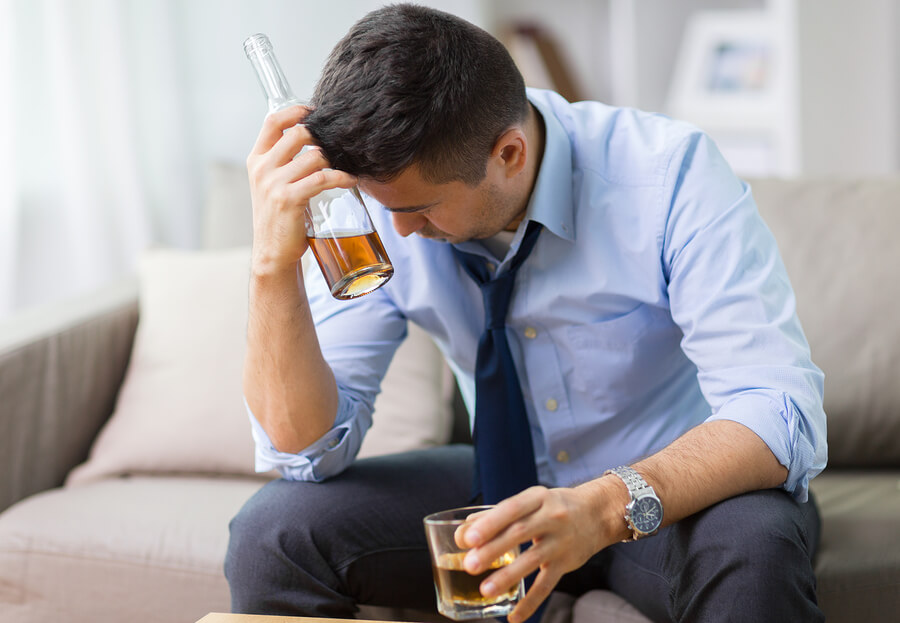Your drinking may have started as a way to relieve stress after work. You didn’t intend to get addicted, but over time you began to feel less complete without alcohol. Before you knew it, drinking became a necessity. Through this harrowing journey, the last thing on your mind was the effects of secondhand alcohol on your family and friends.
The effects of secondhand alcohol are real. In fact, according to the Journal of Studies on Alcohol and Drugs, one in five adults are harmed as a result of someone else’s drinking. We know that dealing with alcoholism can be an uphill battle. But the reality is that secondhand drinking can affect your loved ones and those around you, too.
The Effects of Drinking on Others
It’s not always obvious how drinking affects others like your spouse, children and friends. But secondhand drinking can take many forms, including harassment, property damage, physical and emotional abuse and even financial and family problems.
When drinking is all you can think about, you isolate yourself and miss out on spending time with your loved ones and neglect your children. If your drinking leads to severe mood swings and behavioral problems, you may act aggressively towards your family and friends. This neglect and abuse can be traumatic and devastating for your family.
The Ripple Effect of Damage Your Drinking Can Cause
Even when you aren’t drinking, the effects of alcoholism on your family and friends continues.
This is referred to as a ripple effect.
When someone experiences secondhand drinking often, their brain can actually change. An overactive fight of flight response as a result of secondhand drinking can lead to increases in stress, fear and anxiety. So, how does this translate to a ripple effect of harm? Take this example:
While you’re drinking, you start to argue with your loved one about your alcohol use. The argument turns verbally abusive and the stress and anxiety your loved one feels starts to build. That stress and anxiety may even turn into fear. As episodes like this one continue, it leaves your loved one in a state of PTSD, affecting their day-to-day routines and responsibilities and making it difficult for them to function normally.
Unfortunately, the effects of alcoholism don’t stop when you’ve stopped drinking, either. But it’s important for you to know that you have the power to break free from the effects of alcoholism and help both you and your family heal.
Lower the Impact of Secondhand Drinking
The gravity of secondhand drinking is real, and it’s important you use that as a motivation to make a positive change. Here are a few ways you can lower the impact of your secondhand drinking:
- Take a moment to think about the consequences of your actions. It might sound cliché, but stopping to think can help prevent impulsive decisions and behaviors.
- Try to talk to your loved ones about your drinking and listen to their concerns.
- Seek treatment for your alcohol addiction.
Break Free from Alcohol Addiction at Silver Maple Recovery
Alcohol addiction isn’t a challenge you have to face alone. You have the power to break free from alcohol and the risks of secondhand drinking.
If you’re ready to stop drinking and put your loved ones first, our team at Silver Maple Recovery can help. We have addiction experts ready to answer your call at any time during the day and night, so contact us today.







